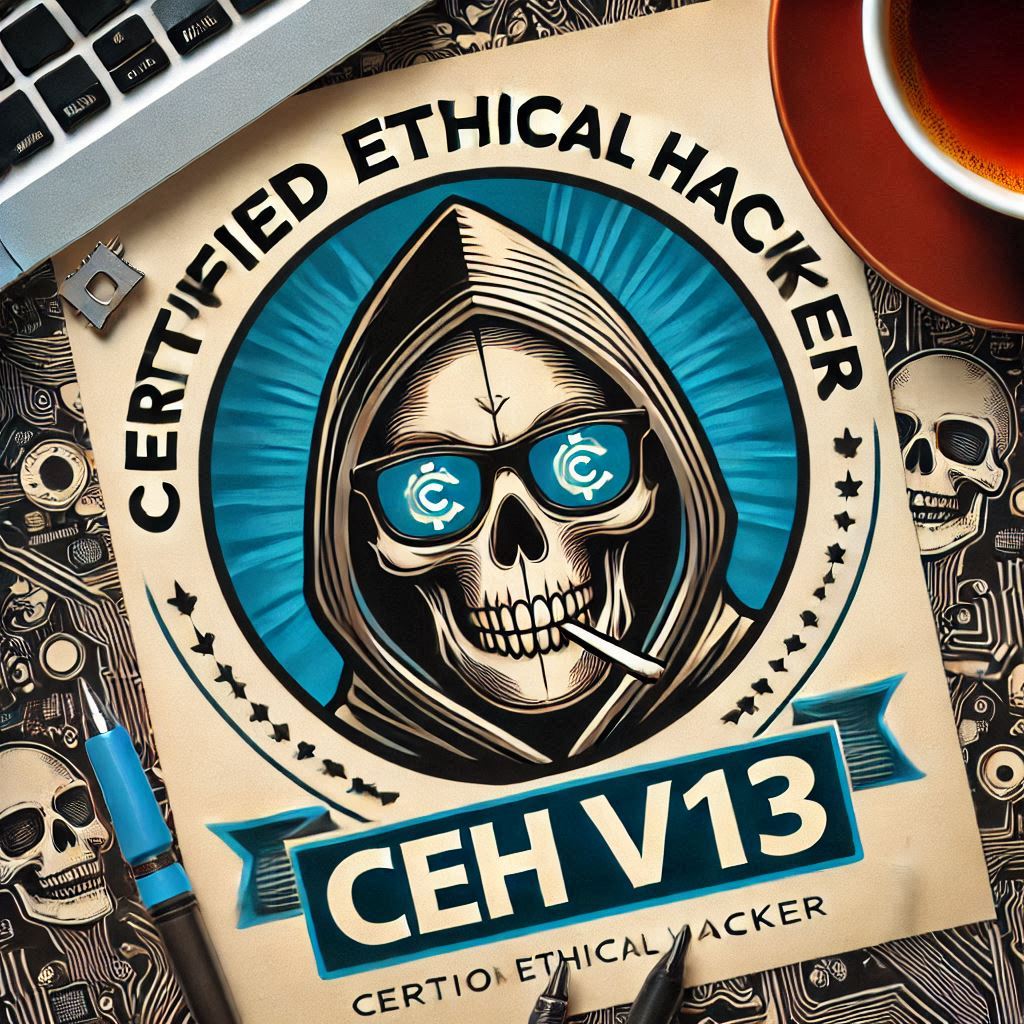What is SSL and Why Does It Matter?
Every website today needs security, and SSL certificates are essential for protecting data and building user trust.
The SSL’s robust and up-to-date encryption technology makes it virtually hard for data thieves to access the real data. Additionally, you’ve probably noticed a green bar with the website’s organization name in the address bar of your browser, which increases confidence.
Despite being necessary for security and compliance, the SSL certificate has a price tag and maintenance headaches.
The differences between free and paid certificates will be covered in this article, along with when and why to use them.
💡SSL certificates are issued by trusted organizations called Certificate Authorities (CAs). Let’s Encrypt Certificate Authority is the leading FREE SSL certificate provider.
Types of SSL Certificates
There are 3 types (or variations) of SSL certificates.
Domain Validation (DV)
- This is the most common certificate.
- This certificate is issued to the organization after JUST validating the ownership of the domain.
- This certificate does not provide any details about the organization.
Organization Validation (OV)
- This certificate is issued after validating not only the domain ownership but also the legal and physical existence of the organization.
- This certificate includes the organization name in certificate details
Extended Validation (EV)
- EV certificates offer the highest level of trust by verifying an organization’s identity through strict validation.
- Website owners must meet the same authentication requirements as they would for an organization validation (OV) SSL, but then must also go through a more strict vetting process that is completed by a human before certificate issuance can occur.
- This certificate also includes the organization name in certificate details.
- Because of the strict verification, it provides users with the confidence that the website is secure, and this increased trust helps boost sales.
- This certificate also provides an SSL certificate warranty.
💡An SSL certificate warranty is a guarantee provided by a Certificate Authority (CA) that protects website visitors from financial losses if they experience a fraudulent transaction due to a misused SSL certificate on a website, essentially offering a financial safeguard against issues arising from a faulty certificate issued by the CA.
The warranty amount varies depending on the type of certificate and the issuing CA and usually only covers losses directly related to a fraudulent transaction.
💡In earlier days, browser used to indicate the type of SSL certificate used by website by showing green padlock in address bar for OV certificates and organization name in green bar for EV certificates. The green bar was removed from all major browsers due to concerns that it did not effectively protect users from phishing attacks and was not as necessary with the widespread adoption of SSL certificates.
The organization information can be found by clicking the padlock button displayed in address bar.
💡All there variations provide exactly the same level of security. They are fully compliant with modern encryption standards (AES-256, TLS 1.3, etc.).
So in summary, the certificate is issued based on:
DV = domain validation
OV = domain validation + basic organization validation through submitted documents
EV = domain validation + thorough organization validation by a human based on submitted documents
Key Differences Between Free and Paid SSL
Paid Certificate
1. Cost
Pricing varies based on the provider and type of certificate:
- Basic DV: ~$50–$100/year.
- OV or EV: ~$150–$500/year.
💡EV comes with a warranty, which can range from $10,000 to over $1 million, providing coverage in case of certificate-related failures, as described earlier.
2. Certificate Validity and Renewal
- Traditionally issued for 1 to 2 years (most CAs now follow shorter lifespans due to industry standards).
- It requires manual renewal at the end of the validity period.
- The certificate authority (CA) sends renewal reminders, but you need to renew and reconfigure manually or semi-automatically.
4. Customer Support
- Offers direct technical support through email, phone, or chat.
- Assistance with installation, renewal, and troubleshooting.
5. Encryption Strength
- Uses the same encryption standards as Let’s Encrypt (e.g., AES-256, RSA/ECC keys).
- Security depends on configuration but generally includes advanced features like revocation support.
6. Use Cases
- Large Businesses & Enterprises:
- Online stores, banks, and financial institutions.
- Websites handle sensitive user data.
- Regulated Industries: Industries requiring compliance with data protection standards like PCI DSS, HIPAA, or GDPR.
Free SSL Certificate
1. Cost
- Free for all users, regardless of website size or type.
- No hidden costs, as it’s funded by sponsors and donations.
2. Validation Types
- Domain Validation (DV) only:
- Confirms control over the domain.
- No verification of organization identity, making it less suitable for businesses requiring trust indicators.
3. Certificate Validity and Renewal
- Certificates are valid for 90 days only.
- Designed for automated renewal using tools like Certbot or custom scripts.
- Manual renewal is possible, making automation highly recommended.
4. Trust Indicators
- Provides HTTPS, padlock icon, and “Secure” indicator in the browser.
- Does not include organization information or offer EV/OV-level features.
- No warranty or financial backing if the certificate fails.
5. Customer Support
- No direct technical support.
- Relies on extensive community support forums and documentation for troubleshooting.
6. Encryption Strength
- Same encryption algorithms as paid SSL certificates.
- Fully compliant with modern encryption standards (AES-256, TLS 1.3, etc.).
7. Use Cases
- Almost everything except industries requiring compliance with data protection standards like PCI DSS, HIPAA, or GDPR.
Free vs. Paid SSL Comparison

Conclusion
For most websites, free DV certificates are enough. Paid SSLs, like EV, are needed only for compliance or high-trust scenarios.
From a user experience perspective, all three types of certificates (DV, OV, and EV) offer the same visible indicators in browsers unless someone digs into the certificate details to view the organization information.
Free DV certificates not only cut costs but also save significant time and effort by eliminating recurring tasks and reducing the chances of errors in certificate management. Both paid and free certificates provide the same level of security.
As a result, EV certificates are only necessary for specific use cases, while OV certificates have largely fallen out of favor since they merely add organization information to the certificate without offering additional practical benefits.
Paid CAs often highlight additional features to differentiate their offerings from free certificates.
No matter your choice, the important thing is to secure your website with SSL—it protects data, builds trust, and keeps your site modern.
That’s a Wrap!! Hope you enjoyed this article. Please visit https://suyashjain.com/posts/category/itsecurity/ for more related articles.



